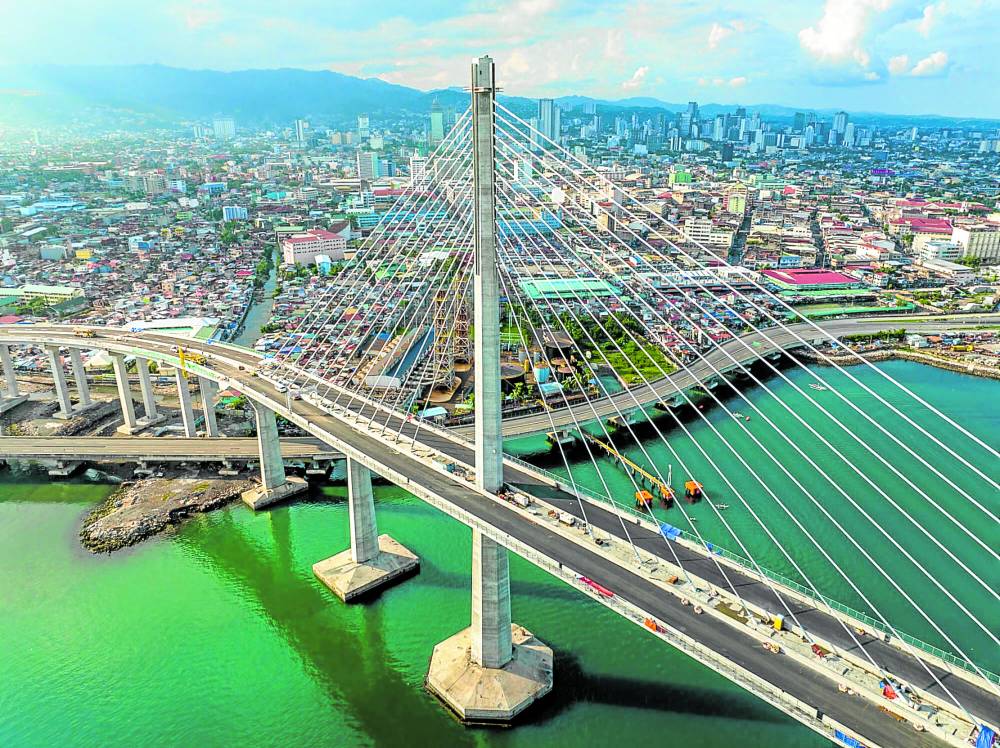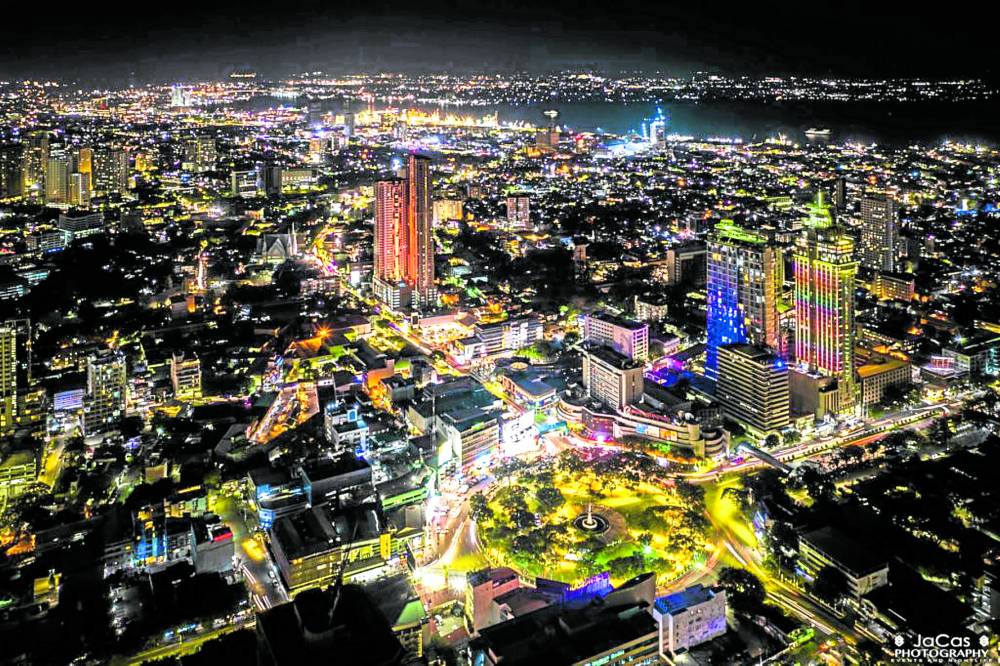Cebu sustains lead in property boom

Government infrastructure projects ensure the accessibility, connectivity and competitiveness of the city.
Cebu City has become a default destination of businesses looking for commercial, residential and office expansion outside Metro Manila.
Young, wealthy city
With almost one million residents, eight major universities offering 263 study programs, and a relatively young population, the city can ably provide highly-qualified, English-proficient labor supply. The fact that there’s ample employment for its working population and that Cebu City is the country’s sixth wealthiest city with assets of P36 billion points to sufficient public and private purchasing power, which is expected to sustain commercial enterprises. Undoubtedly, this is a boon for real estate players in the country.
Plus, its inclusion in the Super Cities List of the Tholons Global Business Innovation Sustainability Index further boosts the city’s attractiveness and competitiveness.
Strategic location
Geographically, Cebu City is strategically located and can be accessed through various modes of transportation.
Eighty percent of the domestic shipping companies in the country can be found in the city, resulting to more than P30 billion in customs duties and taxes yearly. The Mactan-Cebu International Airport (MCIA), which serves close to 5.6 million passengers yearly, provides a convenient gateway to Cebu and the Visayas.
Article continues after this advertisementTourism
Despite the pandemic in 2022, Cebu City attracted 1.063 million tourists, of which 221,983 were foreign nationals. There are activities and many historic places to visit in the city, which make it a worthwhile tourist destination. The Sinulog Festival, held every January, is one of the most famous activities that showcase Cebu City. Other destinations such as Moalboal Beach and Oslob are also popular and tend to benefit the city as well.
Currently, there are more than 140 hotels in Cebu City alone with at least eight major malls.
Infrastructure
Government infrastructure projects—which were part of the Build, Build, Build program and are being continued by the Build Better More initiative of the Marcos administration—ensure the accessibilty, connectivity and competitiveness of the city.
Of note is the Metro Cebu Expressway, a 74-km expressway that will connect the Cebu North Road in Danao to the Naga-Uling Road in Naga, and which will serve as an alternative north-south backbone highway for the province, according to the Department of Public Works and Highways. This transport infrastructure will make Cebu City even more accessible, attractive and competitive.
Heightened demand
Thus, it is logical for major real estate companies and developers to landbank and build commercial, residential and office developments in the city amid heightened demand for those types of properties in recent years.
Hub developments that include Cebu Business Park, Cebu IT Park, North Reclamation Area, and South Road Properties further provide the needed critical mass for this demand. Many multinational companies and businesses with headquarters in Metro Manila have also established satellite offices in the city, owing to its impressive infrastructure, high accessibility provided by its international seaport and airport, highly-skilled and educated labor market, and efficient government.
Lobien Realty Group emphasizes its expectation of Cebu City to lead the real estate “Ceboom” in the next several years.
The author is the chief executive officer of Lobien Realty Group Inc., a full service real estate consultancy and property investments strategy firm
